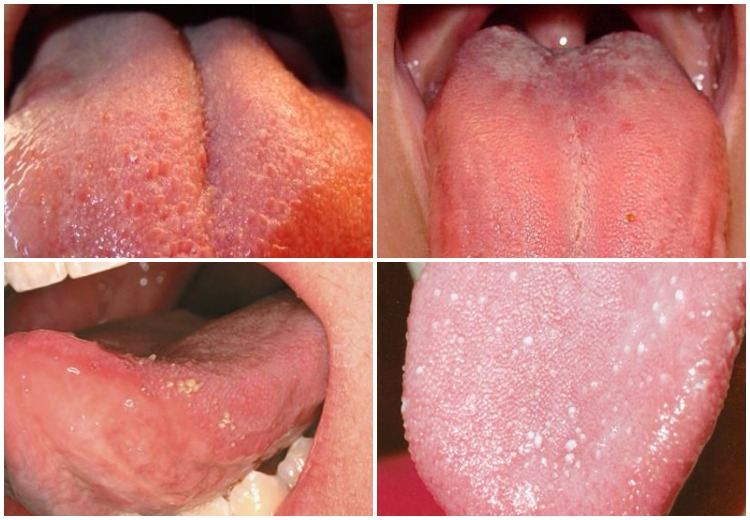

you may be referred to a Dietitian or if you have had cancer you could be referred to a Macmillan Specialist Dietitian.Ĭheck your mouth and tongue regularly – ask your doctor, nurse or radiographer about mouthcare, especially if your mouth feels/ looks coated, or your saliva seems thicker than usual.Īim to keep your mouth clean and fresh especially before and after eating.ask a healthcare professional for additional information.


If you are avoiding a lot of foods and are struggling to maintain a healthy weight, Reports show that taste usually returns after about a month.
It is currently thought that between 50 – 70% of COVID-19 positive patients may experience changes to taste and smell. If you have had certain types of surgery or radiotherapy for treatment of cancer, particularly to parts of your mouth, you may have more long-term, permanent changes to taste. Taste changes may last for hours, days, weeks, or even many months but generally are temporary. Up to 76% of patients having treatment for cancer report taste changes and up to 45% report changes in smell. People often describe taste changes in the following ways – ‘all food tastes the same’, ‘food is like cardboard’, ‘food has a metallic taste’, ‘I no longer like the taste of my favourite food’. increased sensitivity to particular tastes. These factors may lead to changes to the taste buds, a lack of saliva or dry mouth feel, mouth infections and mouth soreness, which then change how taste messages are sent to your brain. Changes in taste can also arise with cancer, dementia and conditions that create breathing problems such as COVID-19 and COPD. It may be due to treatments, medication the medical condition itself or a combination of these factors. There are many reasons why your sense of taste may change. Messages from the taste buds and nose about smell are sent to the brain about taste and overall flavour. There are also taste buds on the inside of the cheek, the roof and back of the mouth. Taste buds are mainly found on the tongue (between 2,000 – 5,000 taste buds). This mixture then comes in contact with the taste buds. This information is split into 4 sections. This information offers ideas and support to help manage taste changes. If you are concerned this may be affecting you please follow the latest government guidelines at There are many other conditions that can affect your taste. Loss of taste may be a symptom of a COVID-19 infection.







 0 kommentar(er)
0 kommentar(er)
